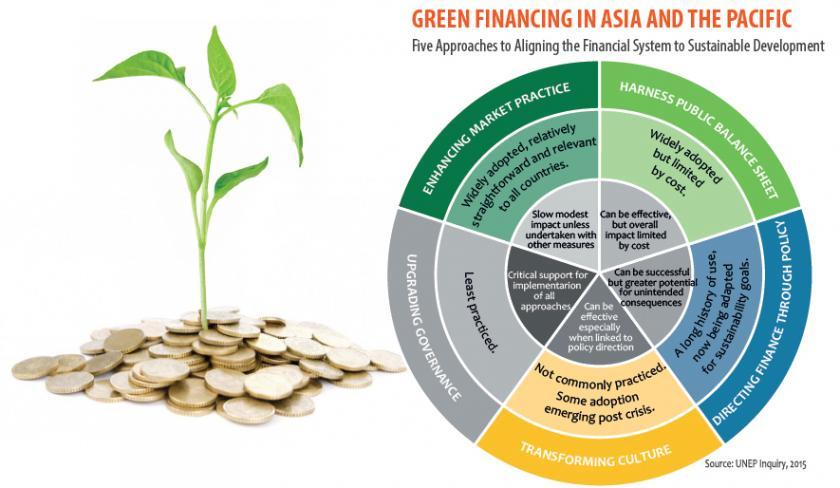In an increasingly interconnected world, the flow of goods and services across borders has become both a global driver of economic growth and a complex labyrinth of challenges. From supply chain disruptions spurred by unforeseen events to the ever-changing landscape of international trade regulations, businesses face a daunting array of hurdles in their pursuit of global markets. Amid these challenges, a pivotal question arises: can banks, the vital intermediaries of commerce, step in to bridge the gap that stands between businesses and their global ambitions? This article delves into the multifaceted role of financial institutions in addressing the intricacies of global trade, exploring how they can leverage innovation, policy adaptation, and strategic partnerships to not only support businesses but also foster resilience in the face of disruption. Join us as we navigate the financial currents of international trade and examine whether banks can truly become the catalysts for a more seamless global marketplace.
Identifying Key Barriers in Global Trade and the Role of Financial Institutions
Global trade faces numerous challenges that hinder the seamless flow of goods and services across borders. Trade tariffs and regulatory barriers often complicate market access, while varying compliance requirements among nations create additional obstacles for businesses. Furthermore, political instability and economic uncertainty can disrupt established supply chains, leading to delays and increased costs. These barriers can manifest in several ways, including:
- Complex documentation requirements
- Slow customs processes
- Lack of transparency in trade regulations
Financial institutions hold a pivotal role in addressing these global trade challenges. By developing innovative financial solutions, banks can facilitate smoother transactions and provide essential support to businesses engaging in international trade. They offer tools such as trade finance, currency risk management, and insurance products that mitigate exposure to fluctuating market conditions. Additionally, financial institutions can help bridge communication gaps through:
- Dedicated advisory services for exporters and importers
- Enhanced due diligence processes
- Collaboration with governmental and private entities to streamline regulations
Through these efforts, banks can not only enhance the efficiency of global trade but also empower smaller businesses to enter the international market more confidently.

Innovative Financial Solutions: Empowering Trade with Technology and Collaboration
In the dynamic landscape of global trade, the collaboration between banks and innovative technologies is redefining how transactions are facilitated. By harnessing advancements in blockchain, artificial intelligence, and machine learning, financial institutions can offer solutions that not only streamline processes but also enhance the security and transparency of cross-border exchanges. This integration allows banks to provide real-time financing options, enabling businesses to respond swiftly to market demands and maintain a competitive edge. With improved risk assessment capabilities, banks can also extend credit to previously underserved markets, fostering inclusion and growth.
Moreover, partnerships between banks and fintech companies are proving instrumental in addressing the complexities of international trade. By leveraging networks that promote documentation automation and payment simplification, these collaborations reduce friction and increase efficiency. Key innovations include:
- Smart Contracts: Automating and enforcing trade agreements without the need for intermediaries.
- Digital Identity Verification: Enhancing KYC (Know Your Customer) processes for cross-border transactions.
- Data Analytics: Providing insights into market trends and customer behaviors, informing better decision-making.
| Challenge | Innovative Solution |
|---|---|
| Complex Documentation | Blockchain for secure, tamper-proof records |
| Currency Fluctuations | Real-time forex platforms |
| Payment Delays | Instant payment systems and tokenization |

Building Sustainable Financing Models to Support Emerging Markets
Innovative financing models are essential to empower emerging markets, providing them with the capital and resources required to thrive in the global economy. Banks have a unique opportunity to lead this transformation by developing products that cater specifically to the needs of these markets. By offering tailored financial solutions, such as microloans, impact investing, and green bonds, they can address the distinct challenges these economies face. Strategic partnerships with local businesses and organizations can further enhance access to finance, ensuring that funds are allocated in ways that promote sustainable growth and development.
Furthermore, leveraging technology and data analytics will play a crucial role in assessing risk and streamlining operations for emerging markets. This approach enables banks to better understand local dynamics and create risk-sharing mechanisms that attract foreign investors, ultimately facilitating capital influx. Key components of a successful financing model include:
- Transparency: Clear communication about loan terms and conditions
- Flexibility: Adjusting repayment schedules to align with cash flow
- Capacity Building: Providing financial literacy programs to borrowers
By innovating in these areas, banks can not only bridge the existing gaps in global trade but also foster resilience in emerging markets, enabling them to flourish in an increasingly interconnected world.

Enhancing Regulatory Frameworks for a More Resilient Global Trade Ecosystem
In the face of unprecedented global trade challenges, enhancing regulatory frameworks becomes paramount to fostering resilience within the international trade ecosystem. By establishing harmonized regulations, countries can facilitate smoother transactions, reduce compliance costs, and mitigate risks associated with trade disruptions. This can be achieved through:
- Streamlined Export and Import Procedures: Simplifying customs processes can expedite trade flows.
- Digital Trade Facilitation: Embracing technology to automate compliance and reporting can enhance transparency.
- Collaborative Regulatory Initiatives: Encouraging partnerships between nations to share best practices and resources.
Banks play a crucial role in bridging the gap created by these challenges. By providing tailored financial products and solutions designed to meet the specific needs of traders, financial institutions can bolster confidence in cross-border transactions. Key strategies include:
| Strategy | Description |
|---|---|
| Trade Finance Solutions | Offering instruments like letters of credit to reduce payment risk. |
| Risk Management Tools | Providing currency hedging and insurance options for traders. |
| Advisory Services | Assisting businesses with navigating regulatory requirements across borders. |
Closing Remarks
as the global landscape continues to evolve, the role of banks in bridging the gap in global trade challenges becomes increasingly critical. While they possess the tools and frameworks necessary to facilitate smoother transactions and foster trust among international partners, it is clear that their efforts must be coupled with collaboration from governments, businesses, and technological innovators. As we navigate the complexities of trade in a world marked by economic volatility and shifting regulations, the potential for banks to act as pivotal players in global commerce is both promising and essential. Whether through enhancing financing solutions, streamlining processes, or investing in digital advancements, financial institutions are uniquely positioned to help overcome the obstacles that hinder international trade. Thus, the journey towards a more interconnected global economy will depend as much on the ingenuity and adaptability of banks as it will on the collective commitment of all stakeholders involved. The question remains: will they rise to the occasion? Only time will tell.
